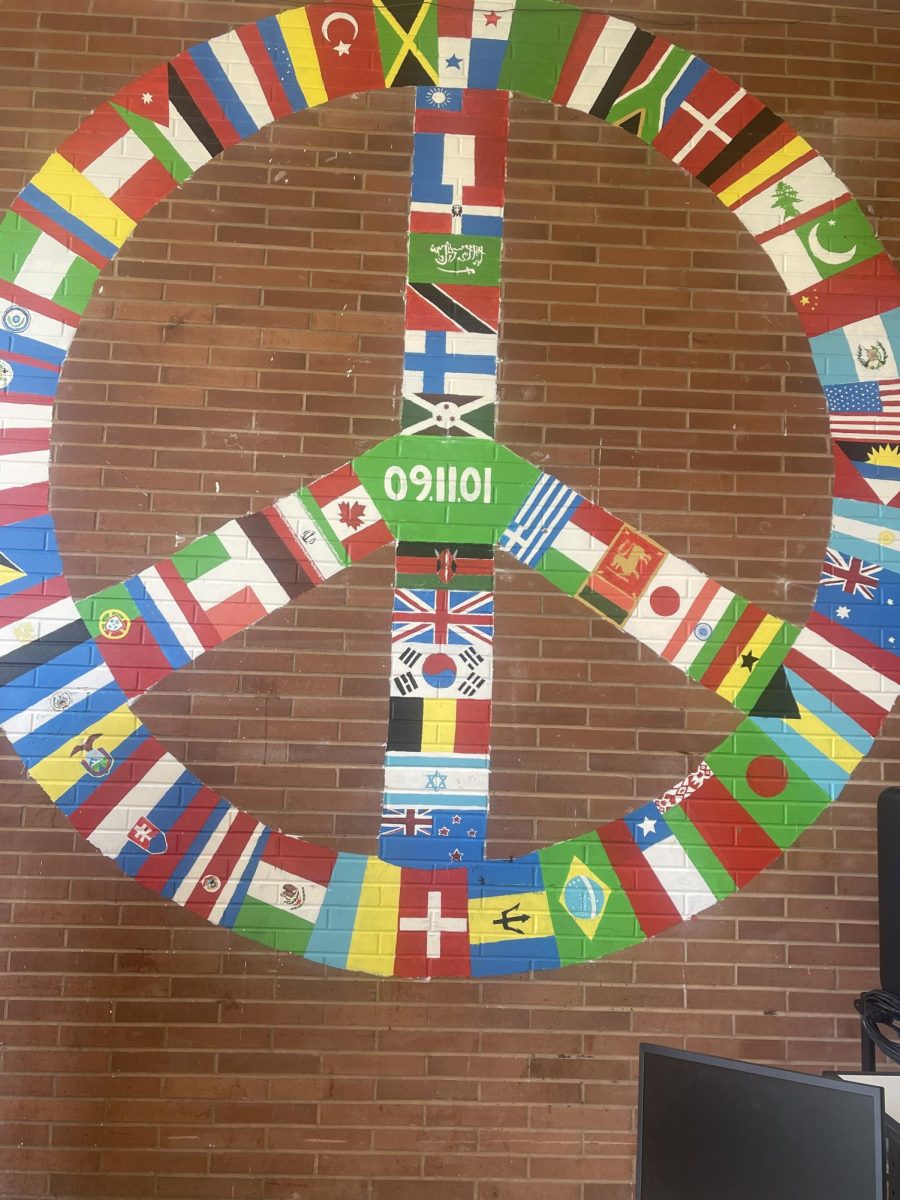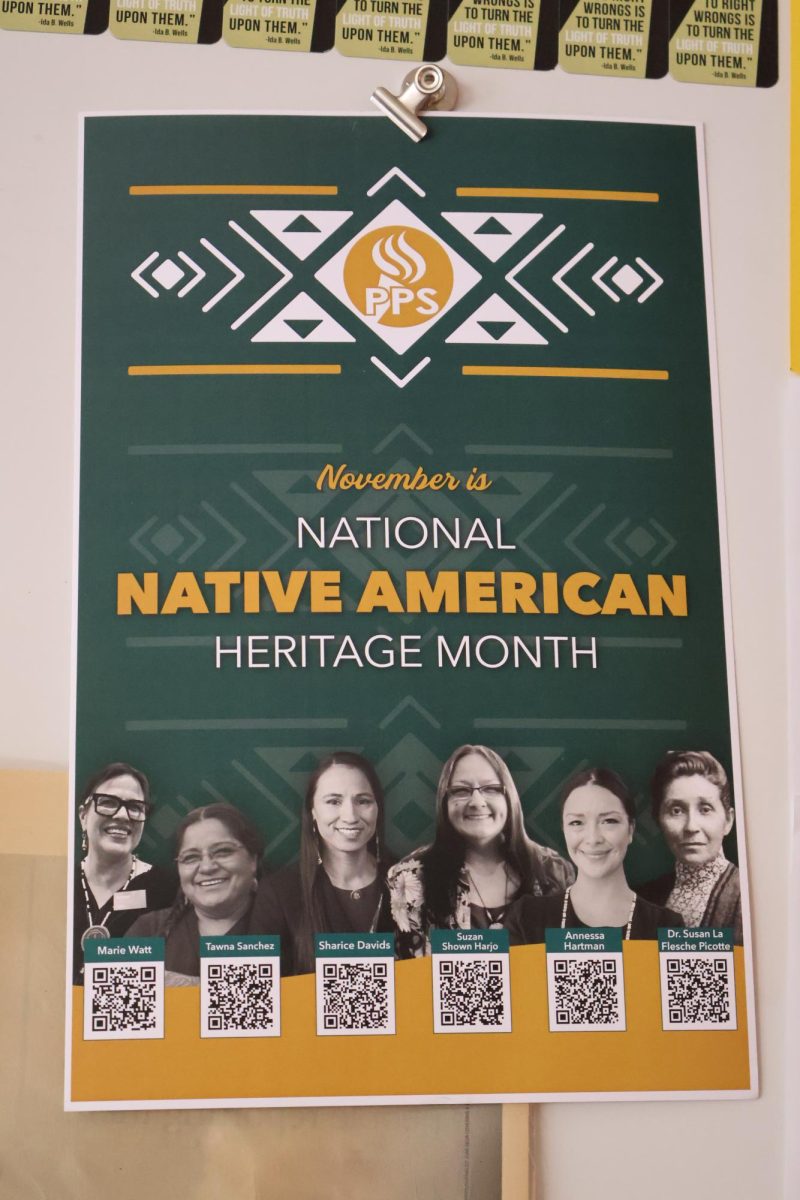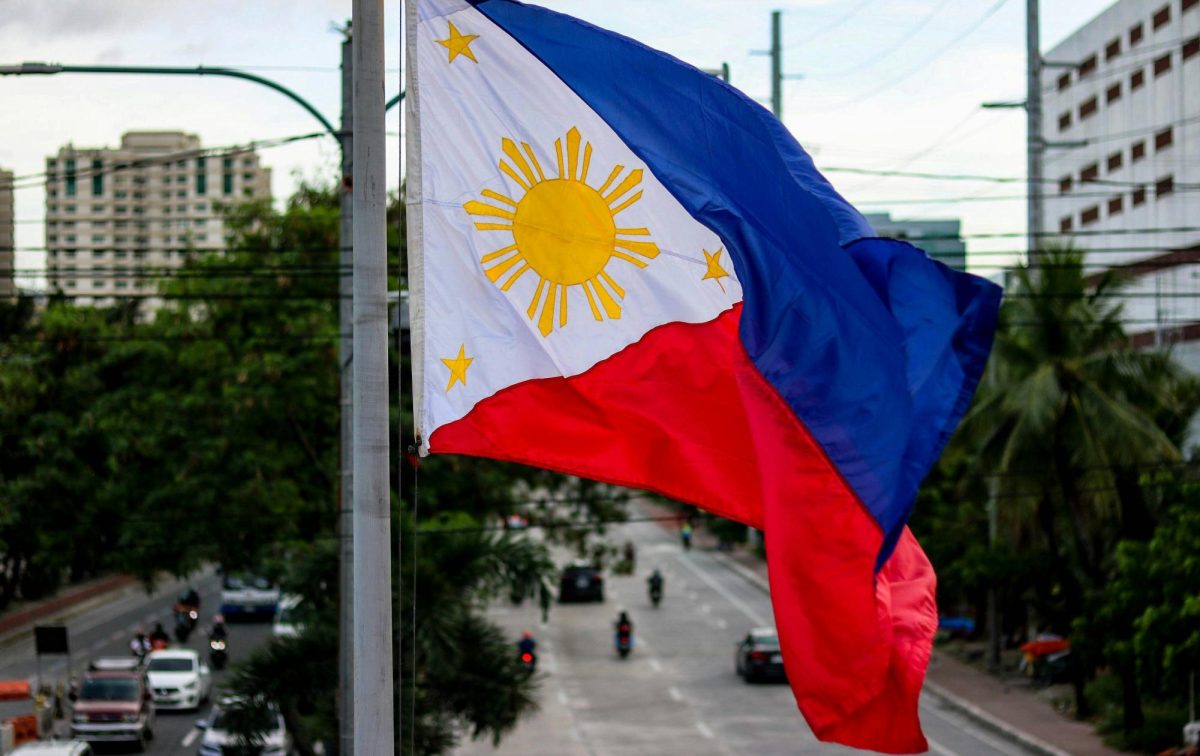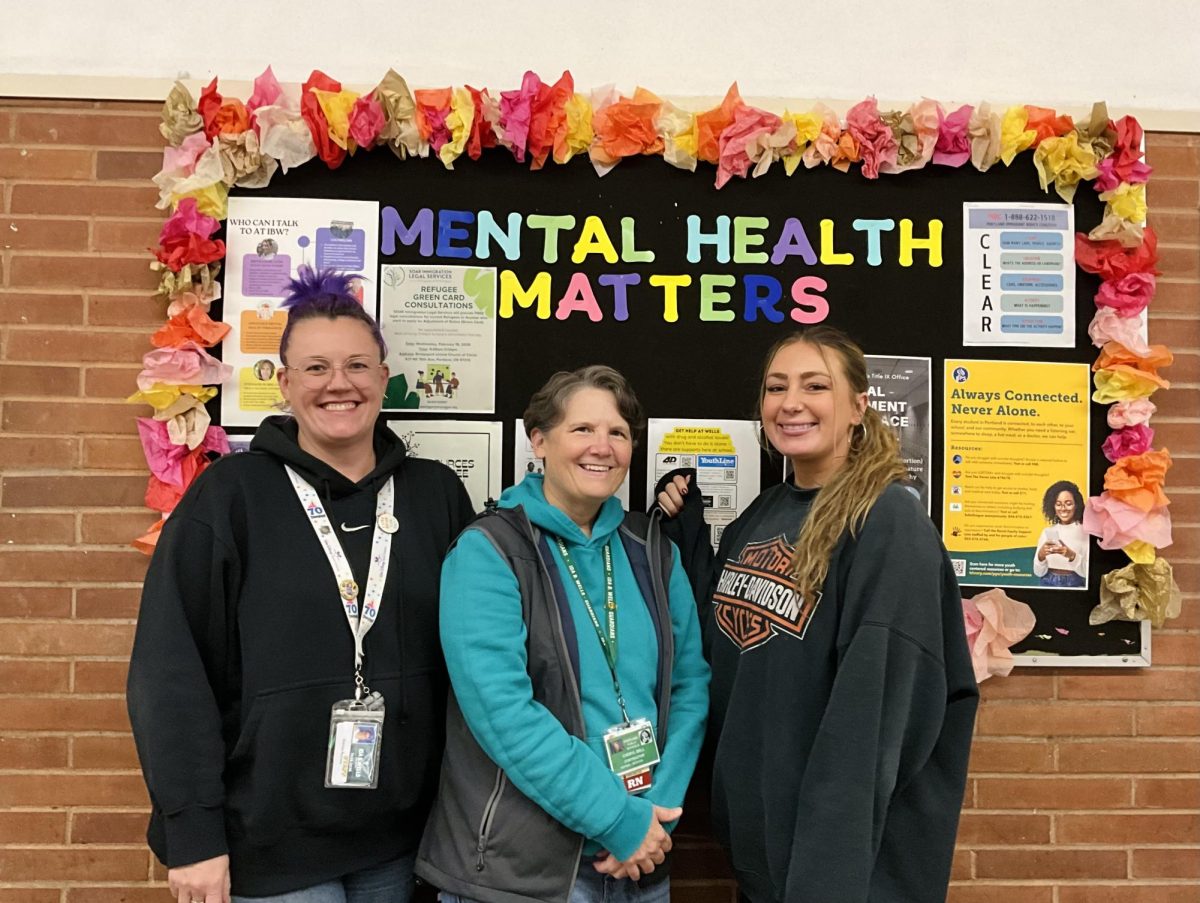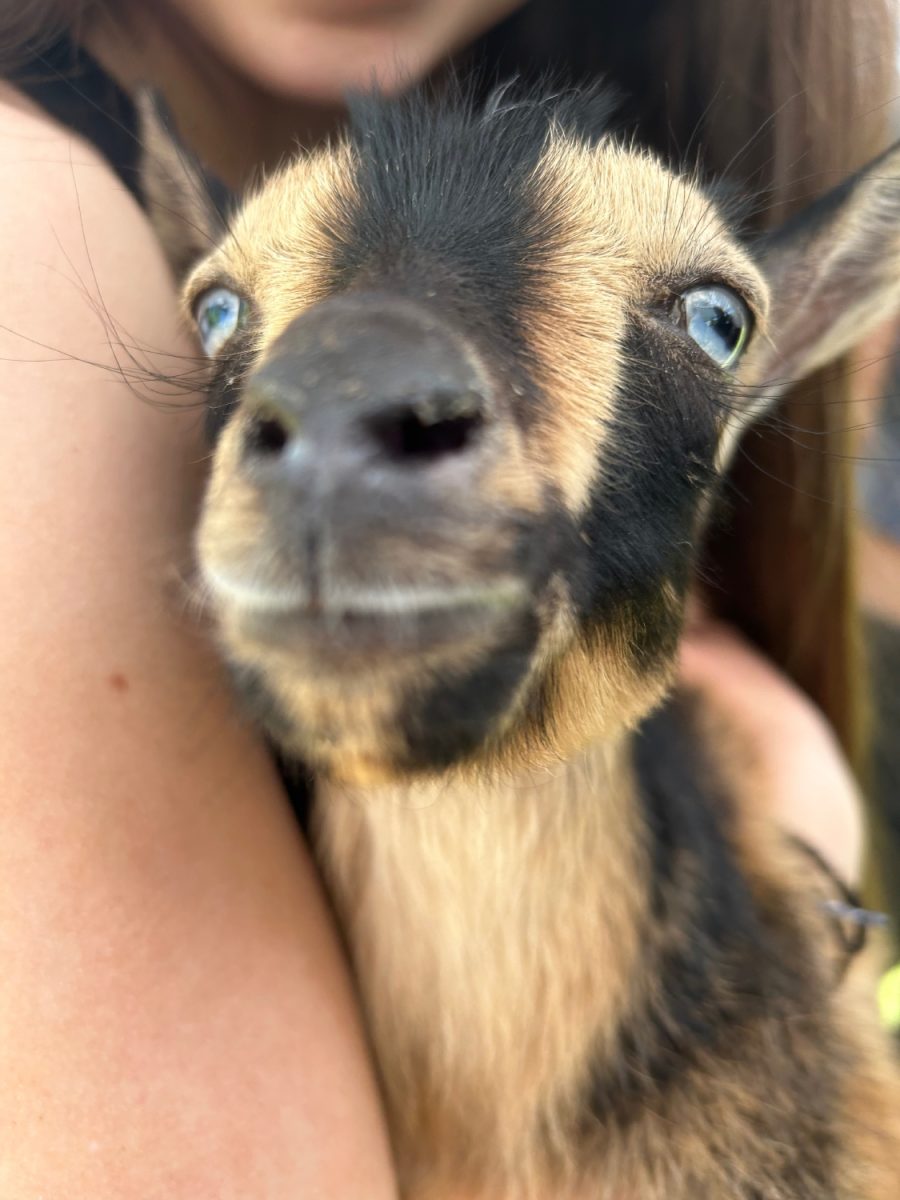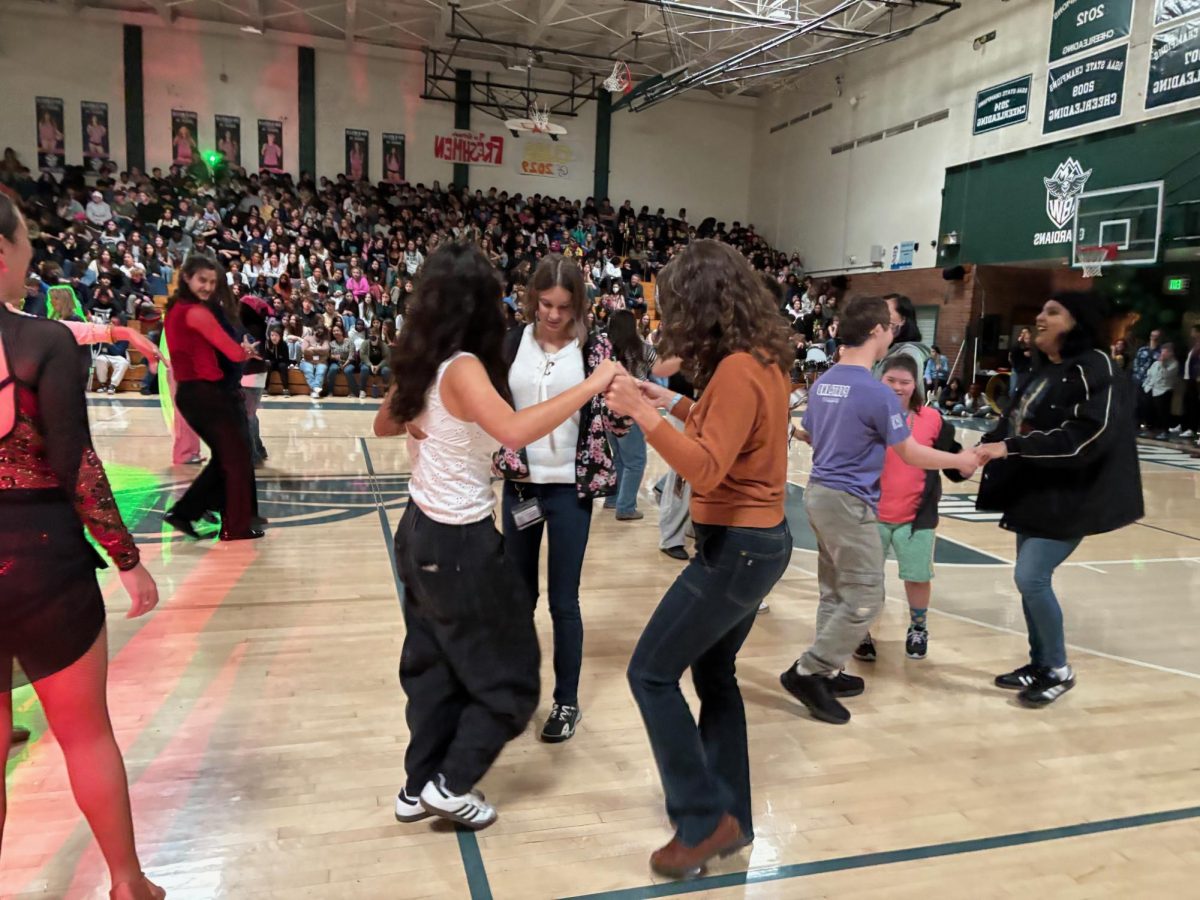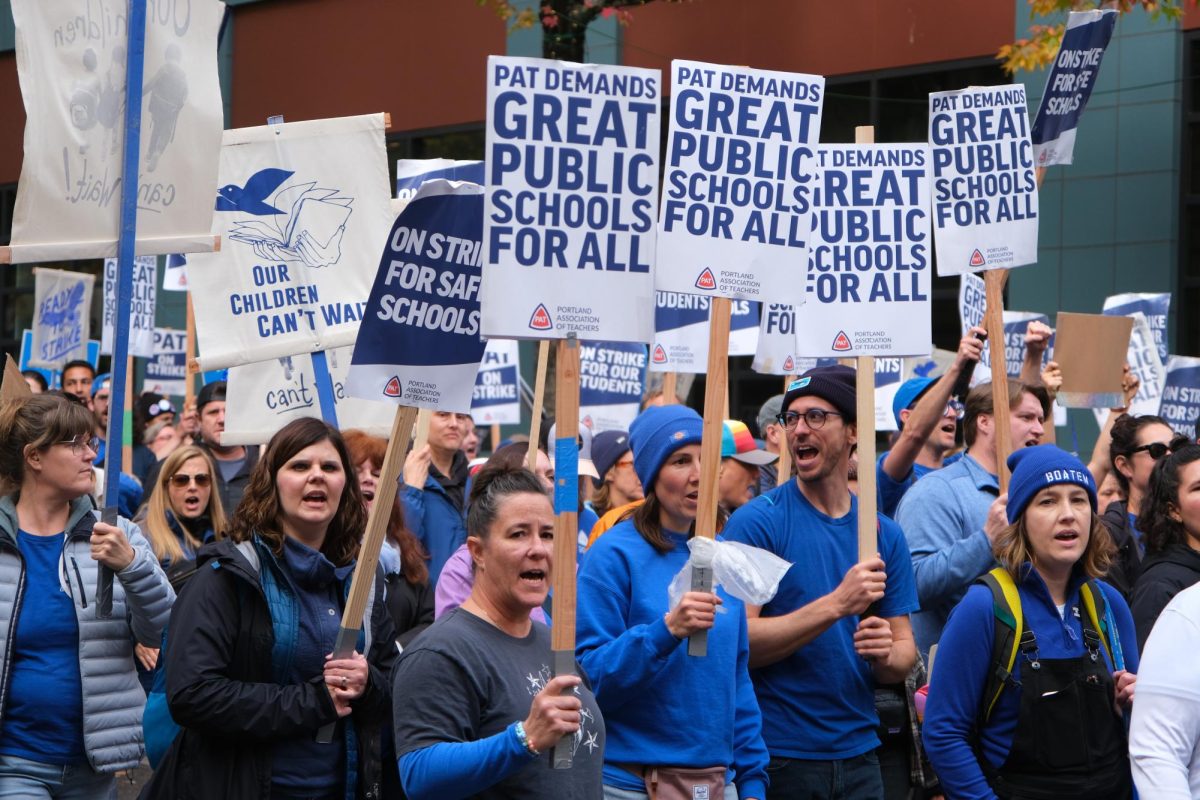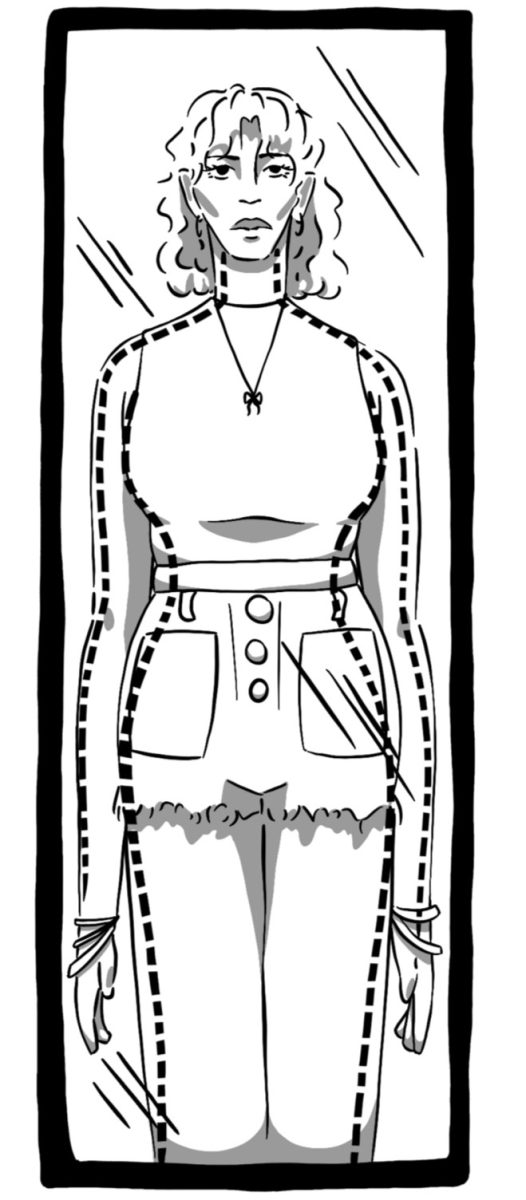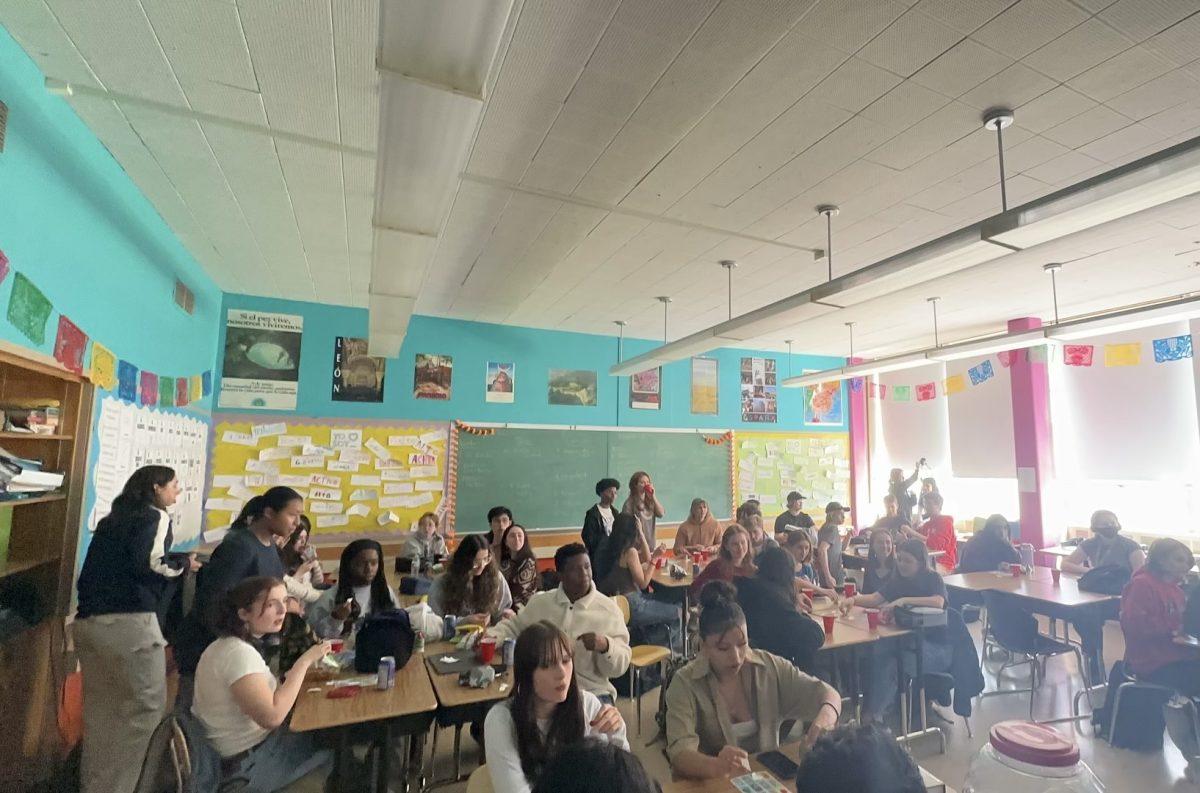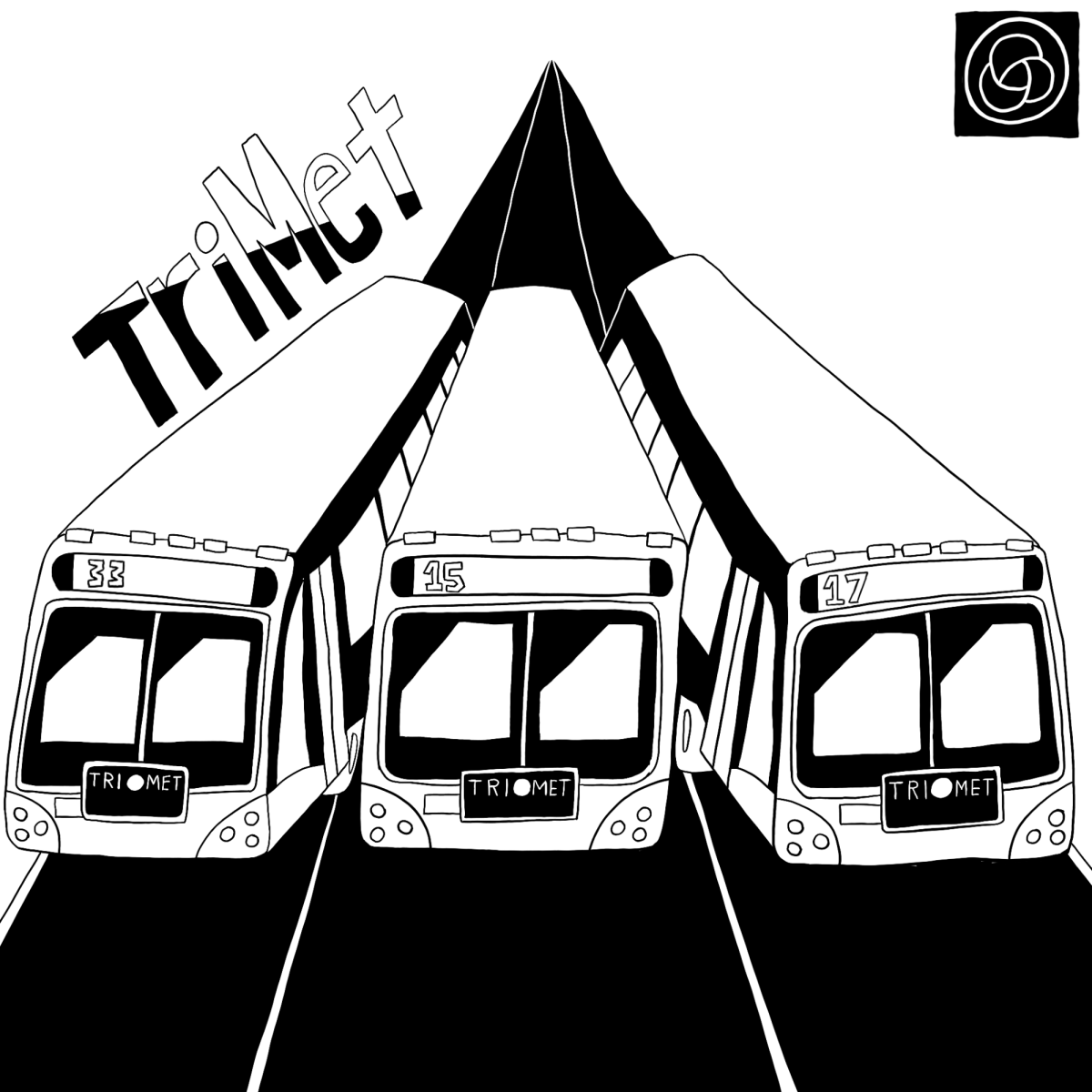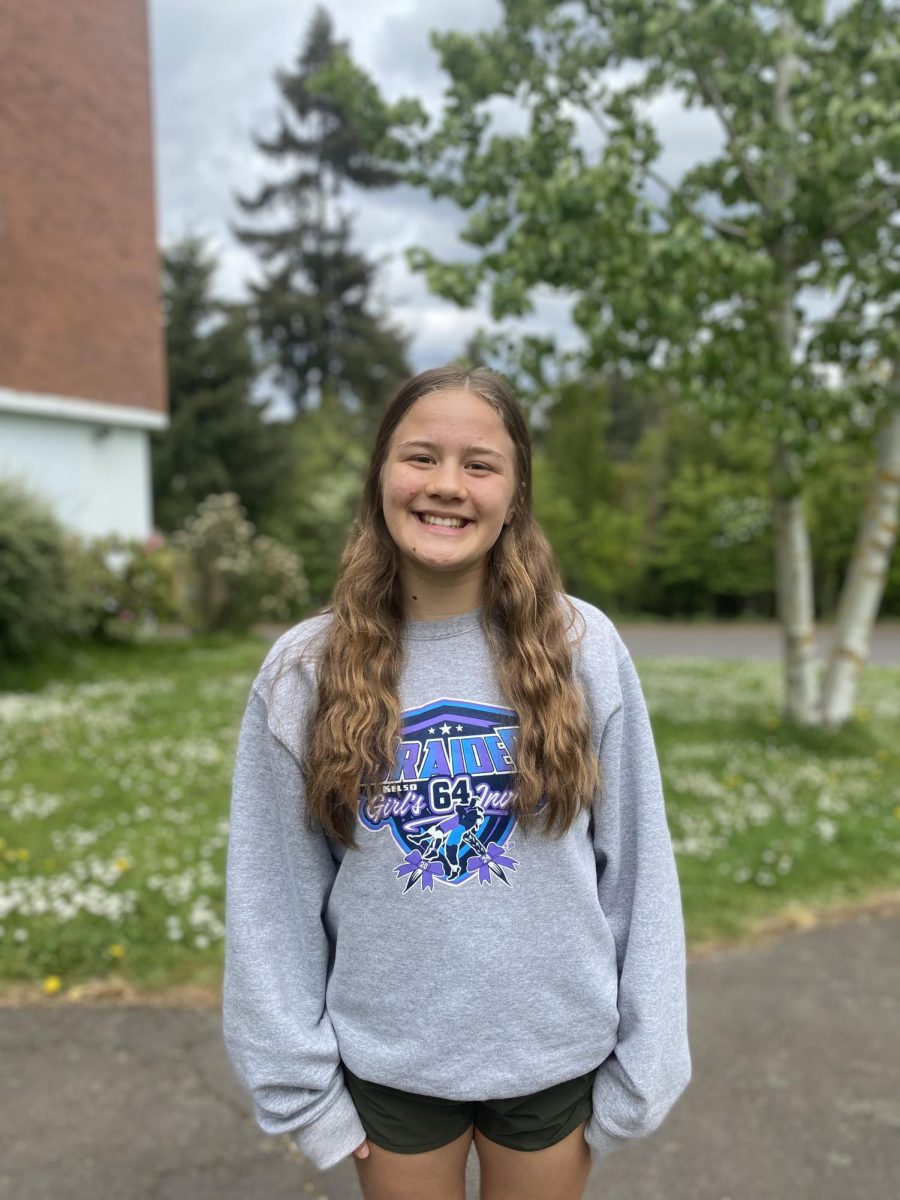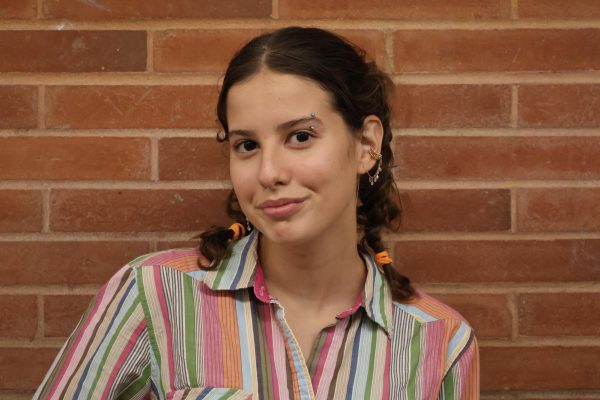Ida B. Wells High School was built in 1956 with thousands of students attending through the years. The Ida B. Wells (IBW) community has seen immense growth and change regarding acceptance and representation since its opening. Changes in students, diversity, and religion have grown exponentially as people have found ways to build and develop the community into an accepting school environment.
In schools, students need an accepting and adaptive environment, with 25% of the population of IBW being minorities. IBW has seven affinity groups, which allows students to find community with people who share a similar racial, ethnic and religious backgrounds. Representation at the school has grown with the addition of affinity groups. Affinity groups are clubs that give student minorities a safe place to speak, find community and educate. They play an important role in finding community; affinity clubs give a platform for students to educate. IBW has students from all over the world attending, from foreign exchange students to English language learners, IBW has an array of people from many different backgrounds.
Different languages have been spoken and taught through the halls. Students from many different ethnic backgrounds and socioeconomic statuses have all been shoved into one compact school. These walls hold a melting pot of cultures and student voices. These voices are starting to get heard through school-held events and affinity groups.
Clubs are a common way for students to find new interests and build a tight-knit community. At IBW, clubs are held after school, during lunch or flex. These clubs give students opportunities and options to connect and find themselves. Affinity clubs have a large part in the community with the Muslim Student Association (MSA), Jewish Student Union (JSU) and Christian Fellowship Club (CFC) all being a safe welcoming place for every student to learn and talk about religion. “The MSA is a really good resource for Muslim students to kind of have their small community and feel safe and represented and also kind of like a learning place for students,’’ said MSA President, Fatimia Azouz. The MSA and other affinity clubs in the school are great for representation and a place for all students to learn and educate themselves. The MSA and JSU did an important presentation about the history of Islamophobia and antisemitism and how to combat it. Religion is a fundamental part of many students’ lives; the clubs not only represent students but help them connect to others.
IBW offers several clubs that are centered around ethnicity and racial groups. They consist of the Asian Desi Pacific Islander Student Union (ADPI), Black Student Union (BSU), Latinx Student Union (LSU), and Natives of North and South America. All the clubs are student-run. Ricardo Bernabe Francisco helps run the Latinx club. Bernabe Francisco has been creating a safe environment for all students; anyone and everyone are welcome. “We don’t have a focus in mind to educate others, but it’s to have fun with our Latino brothers and sisters,” said Bernabe Francisco.
Another way IBW works to build community is through Multicultural Week, an event in which teachers and students work together to highlight important members of the community. Wayne Pigford is a freshman physics teacher and he is the advisor for BSU. He describes this as, “The best thing I get to do here other than teach physics.” Pigford’s passion for inclusion and teaching demonstrates love for the students. “We do a really good job with our affinity groups and our infinity advisers who do everything possible to implement as much culture as we can,” said Pigford. Multicultural Week is about highlighting culture with food and fun events happening at each meeting in the school. More events should be held in the future, the events are a perfect opportunity for students and parents alike to learn about other cultures, people, food, as well as create a more accepting environment.
IBW has been trying to highlight cultural events or days. Sept. 15 through Oct. 15 is National Hispanic Heritage Month, in which the school put up different flags around the school and in the halls. Assemblies have also been used to talk about cultural days and months.
No Place for Hate, a peer-facilitated group that works to promote anti-bias training in schools, went to PPS and they were able to add 25 non-Christian holidays added to the district calendar.
“I think we do a good job with all our affinity groups, shouting them out at assemblies, what type of month it is and celebrations within that,” said Fiona Vanderwal, a No Place for Hate coordinator. Cultural and religious integration could be highly improved but it’s clear that IBW is trying to represent all.
With the school changing throughout the many years, representation has grown and is still growing. One club meeting at a time, these groups are given opportunities to educate, collaborate and integrate their cultures within IBW.


